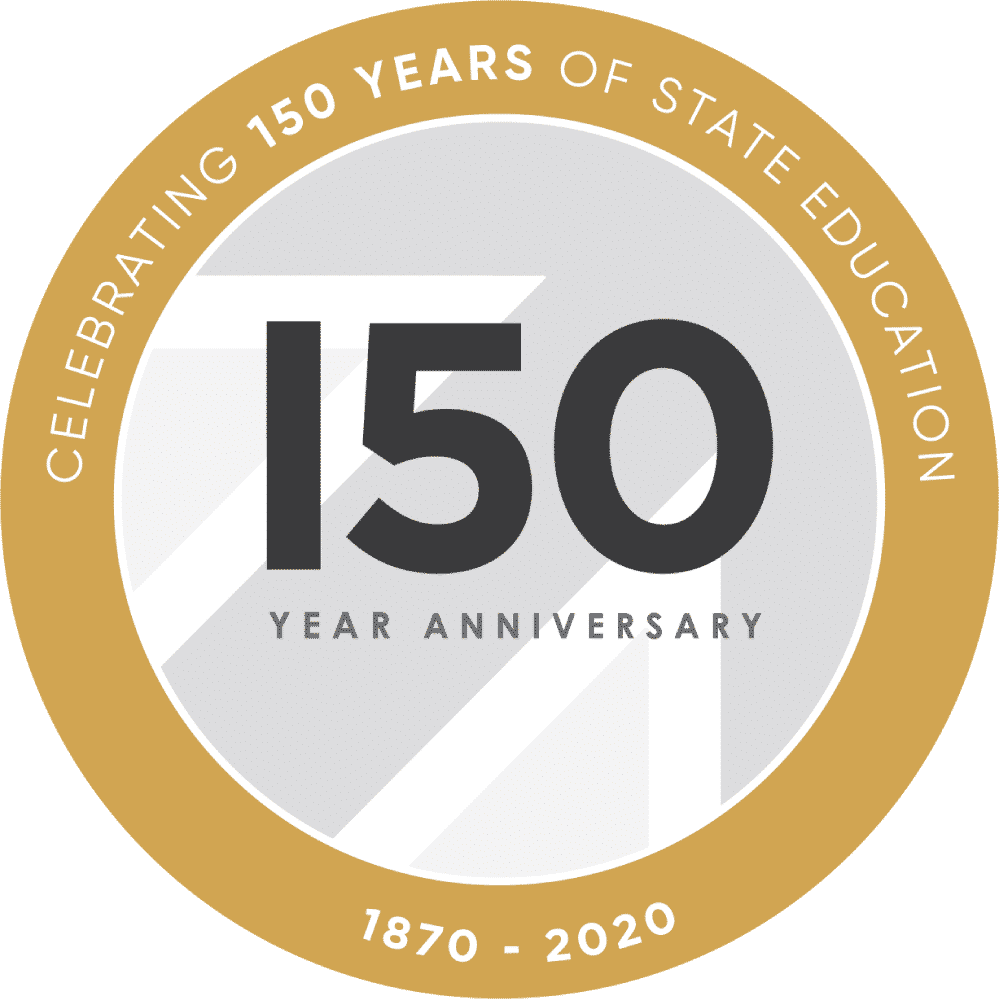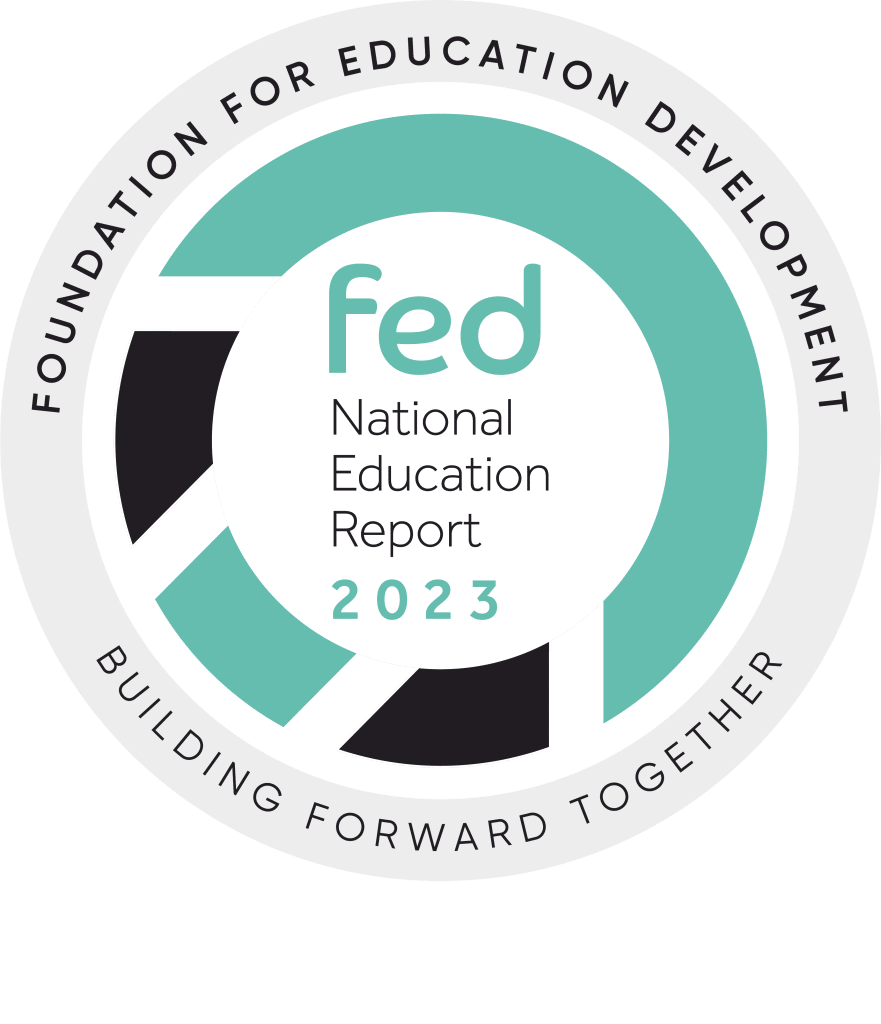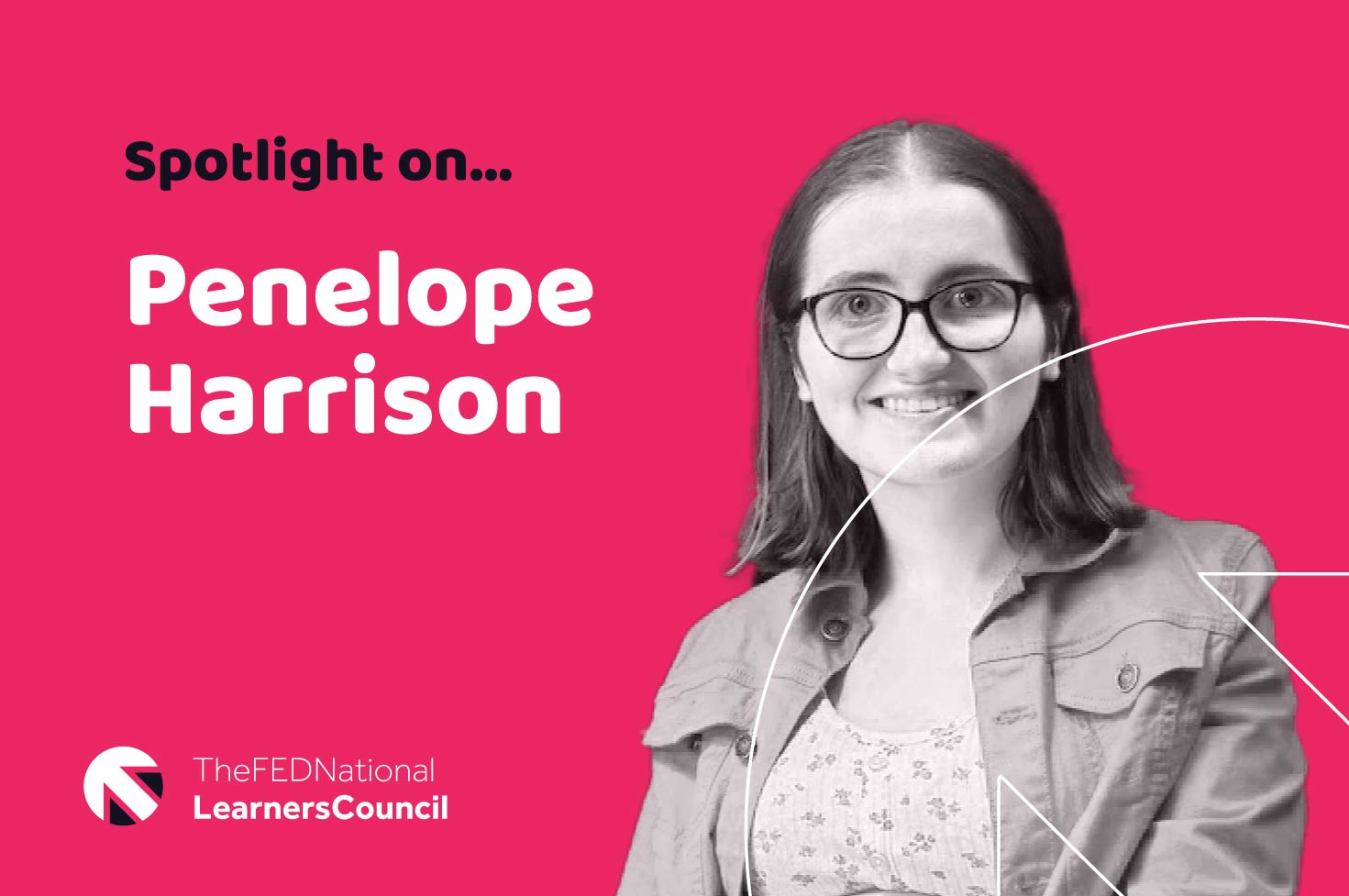We are delighted to be able to put a spotlight on Penelope Harrison. Penelope, a member and previous co-chair of the FED Learners Council, shares her reflections and involvement with the Foundation for Education Development and their journey to date. Our stakeholder councils play a pivotal role in our thinking as we develop the systems and strategies that support a long-term vision and plan for education.
Spotlight on … Penelope Harrison
A wheelchair user starting education in the early 2000s, failure met me at every corner. Whether it was school-wide, each establishment being recognised as among the worst of the worst, or applicable to me personally, twelve years without a usable toilet, a pit of swirling doom settled in my stomach at an early age. No matter how hard I tried to fill it with extra-curricular activities, it drowned a good few of my hopes and dreams. Figuratively jumping at the opportunity to change this for others was an obvious choice.
Before, and even during, this jump, I had very little idea of what the Learners’ Council was and what its aims were. Armed with an excited email from a colleague which contained a link to an extended application deadline, I began to write. Even though the intricacies of what I submitted have long since slipped my memory, I remember broad themes of internationality, the idea that all people and struggles are connected, and universal accessibility, the idea that all people – disabled or not – access education in different ways that must be accounted for in a system which even hopes to work. It is also worth noting, not just for comedic purposes, that I submitted this response from the toilets in my undergraduate students’ union whilst trying not to see the pasta I had just eaten for the second time that afternoon.
Nausea struck me for a second time on the eve of my first meeting. My life’s work to that point had been disability-centric – if not entirely exclusive. I had always been acutely aware that I was known, if for nothing else, as the girl who discussed disability rights in parliament before she hit her double-digits. This was, and will always remain, an opportunity that I cherish and recognise the honour of receiving; however, when one combines such a high honour with an education system that valued its’ recipient so little, it creates a subconscious paradox. Although I had value, it was strictly confined to disability and, although I could not name it so at the time, I thought that way for a decade.
The majority of members in that first meeting were newbies too. All at different levels of education and preferring different methods of communication, we had few things in common at first sight. As the ninety minutes progressed however, we soon discovered that the education system had left us all feeling something was to be desired. Ranging from wanting more support for the arts to more student choice in general, we found ourselves united by a desire to make meaningful change.
Particularly as I came into my tenure alongside Jonas last year, this vast spectrum of ideas was something important to keep in mind. We both knew that, in order for us to keep pace with the momentum garnered by our latest report, there needed to be focused action but, at the same time, we recognised that the diversity of thought within The Council was what made all of its members feel at ease. When it came to choosing what would be our points of focus therefore, it felt very natural to put the question to the group. There were of course things that we knew with almost certainty would appear: learning in a post-pandemic world; student mental health ; and examination styles, but both of us were struck by the prevailing theme of artificial intelligence. The latter soon became the most prevalent theme over the summer period.
At the height of May, both literally and figuratively because I had just finished my final set of exams the very day before, members of the Learners’ Council were invited to Windsor Castle to a conference on the topic. On the train ride which preceded it, I found myself reading Giovanni’s Room by James Baldwin. A novella heavily themed around the consequences of shame and fear, I was unsurprisingly drawn back to my such memories within the education system. It was there where I began to understand the paradox I alluded to above and, by consequence, could begin to truly strategise just how an education system could practically be free of such negative attributes. The answer came that weekend.
I always feel my nerves most when attending such in-person events – practical ones about toilets moonlighting as storerooms come with the territory disability. These thoughts at the forefront of my mind, when discussing what the role of charities and foundations were with an attendee, I naturally offered that they fill in holes governments have yet to. For anybody who is coming to this work from my disability advocacy, you will no-doubt know this as my standard response which was known to light up a room. Therefore, when met with, “I’m not sure. I’ll think about that and get back to you,” I short-circuited. I had done it. I had proven that I belonged nowhere but within disability activism. I had brought ruin to the FED, whom I adored, in the process. This was not the case because, the following morning at breakfast, I was told that I had introduced the individual to a new perspective which intrigued them greatly. I felt a warm, snug feeling grow in my chest. Later on in the day, after I partook in a roundtable, this feeling only grew as I was told by another attendee that I had a “unique and personal ability to find and express the root causes of societal issues.”
New daily self-affirmation found, and my confidence stroked, It goes without saying that my time as co-chair has been both personally and professionally beneficial. Be that as it may, what will stick with me most is the answer to the question mentioned above: how do we practically strategise an education system where students and teachers do not feel fear or shame? The answer is kindness.
In writing as such, I am making no attempt to undermine the countless hours of work done by others on the subject with a band-aid, nondescript solution. Instead, I simply want to make the point that each one of us is defined by kindness. Whether it be the presence of it or its lacking, our lives and their paths are forged by such acts. Had I had more encouraging teachers who understood the importance of accessible bathrooms, I probably would not have found myself in one a decade later trying, in equal parts, to fend off both vomit and societal stagnation. Equally, had educators been left with the mental load to deal with such practical needs, it probably would not have taken a decade for accessible toilets to become more commonplace.
I am aware that there are, unfortunate as it may be with a tool as vital as education, many cost considerations which must be taken into account for large-scale re-attribution of roles, responsibilities and tasks. But, if the FED has taught me anything, it is that nothing is stopping us. Nothing is stopping us from voicing our complimentary thoughts, from treating the thoughts of those around us with due respect, or from inclusive and investigatory decision-making. The system may be unkind so, especially until that changes, those within it must not be.



